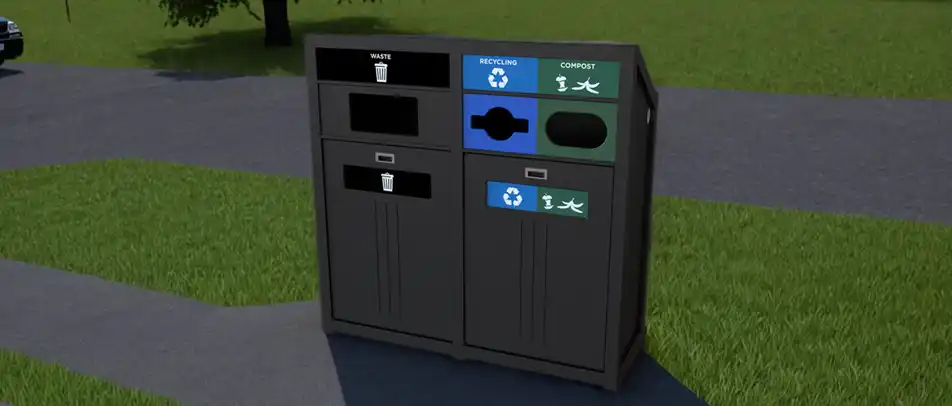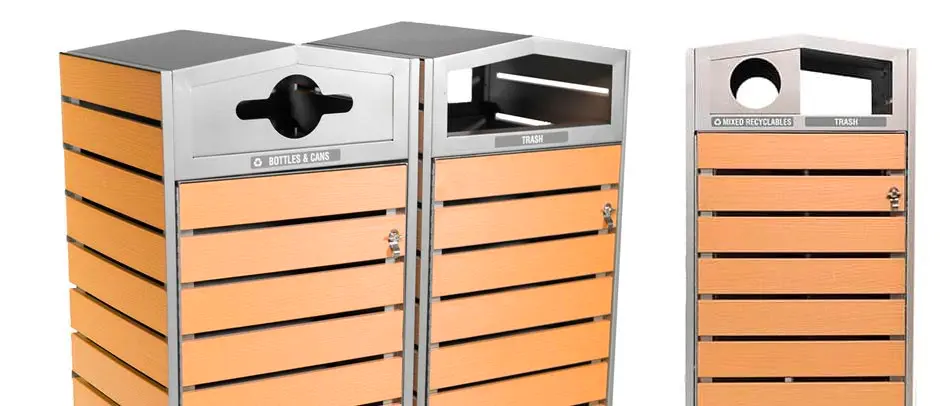
Giving out thousands of meals in a more sustainable way can make a large impact.
Every day college campuses see large numbers of students pass through their doors. The university kitchens are responsible for feeding many of these students. Some of the larger universities provide more than twenty thousand meals a day. Check out these 3 strategies for increasing food sustainability on college campuses.
1) Offer More Plant-based Options
Cafeterias give students a wider variety of sustainable options when they offer plant-based foods and milk alongside animal-based food.
Fewer resources are required to produce plant-based food. Producing plant-derived products uses less water, less land, and emits less greenhouse gas. The difference is so stark that even the most resource-intensive plant products are more sustainable than the least resource-intensive animal products.
2) Create Menus Based On Local Foods
Using locally-sourced ingredients is less damaging to the environment than foods that come from halfway across the world. Universities are more climate-friendly when they decide to serve more local products. By using local products, their menu costs less in CO2 emissions.
Some universities partner with local farmer co-ops, which gives the school a steady supply of local food products.
3) Use Leftover Food
Utilizing leftover food is a great way to help relieve the ever-increasing demand for new food. Reducing the need for food also reduces deforestation, water use, and CO2 emissions.
There are many ways to make use of the extra food. New dishes for the next day’s menu can be made from leftovers. The leftovers can serve as free alternative meals for students, staff, and visitors. Stocking the shared dormitory areas with the leftovers will cut the demand for new food, while also giving food-insecure students more access to food.
Food waste that will not be suitable for eating can be thrown into a recycling bin. This food waste will be recycled into fertilizer or used to create electricity.
Through the reduction & reuse of food waste, local sourcing, and plant-based alternatives, sustainability initiatives on college campuses can advance and ultimately offer their students more dietary variety, and accessibility to food.




































































































































 Three Ways to Engage Teams and Clients to Maximize Your Recycling Program Engagement
Three Ways to Engage Teams and Clients to Maximize Your Recycling Program Engagement  How to Integrate Accessibility Into Your Sustainability Planning
How to Integrate Accessibility Into Your Sustainability Planning  Why Park Benches Can Promote Workplace Well-Being
Why Park Benches Can Promote Workplace Well-Being 
